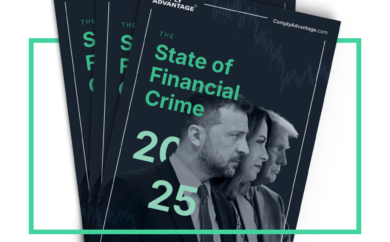
PSD2 has already had a significant impact on the payments industry, but what is PSD2, and how does it affect how firms implement AML compliance? The European Commission adopted the Payment Services Directive 2 (PSD2) in 2015, replacing the original […]



 EN
EN FR
FR
